Richard Nixon would have been a great, great man had somebody loved him
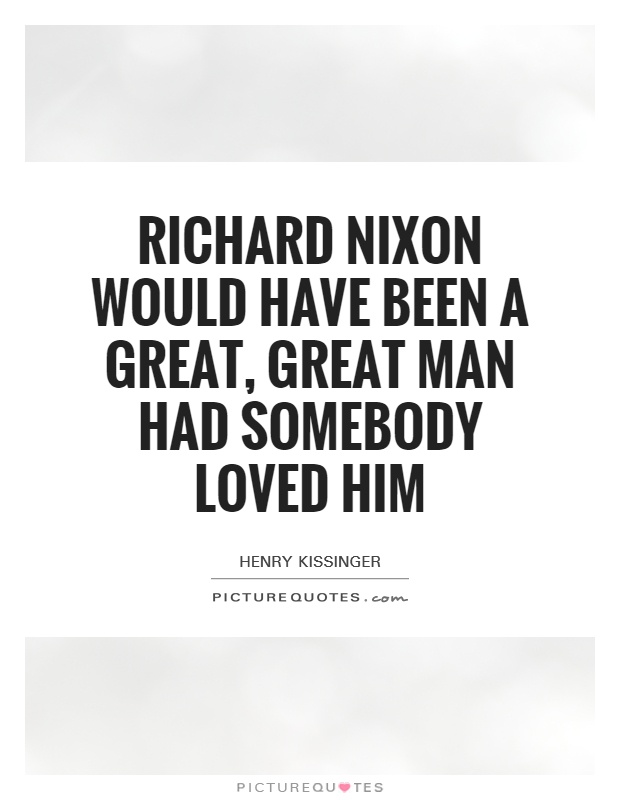
Richard Nixon would have been a great, great man had somebody loved him
Richard Nixon and Henry Kissinger shared a complex and often controversial relationship that played a significant role in shaping American foreign policy during the Nixon administration. Both men were known for their intelligence, ambition, and drive to succeed, but they also had their fair share of flaws and insecurities.The quote "Richard Nixon would have been a great, great man had somebody loved him" is often attributed to Kissinger, and it speaks to the idea that Nixon's personal demons and lack of emotional support may have contributed to his downfall. Nixon was a deeply insecure and paranoid man, constantly seeking validation and approval from those around him. His upbringing was marked by a lack of affection and emotional support, which may have contributed to his need for power and control as an adult.
Kissinger, on the other hand, was a brilliant strategist and diplomat who played a key role in shaping Nixon's foreign policy agenda. He was known for his intellect, charm, and ability to navigate complex international relationships. However, Kissinger also had a reputation for being cold and calculating, often putting his own interests above those of others.
Despite their differences, Nixon and Kissinger formed a close bond during their time in the White House. Kissinger served as Nixon's Secretary of State and National Security Advisor, and the two men worked closely together to navigate the challenges of the Cold War and Vietnam War. Kissinger's influence on Nixon's foreign policy decisions was significant, and the two men shared a vision of America as a global superpower.
However, their partnership was not without its controversies. The Watergate scandal, which ultimately led to Nixon's resignation in 1974, tarnished both men's legacies and raised questions about their ethics and integrity. Kissinger's role in the Nixon administration has been the subject of much debate, with critics accusing him of enabling Nixon's worst impulses and turning a blind eye to his abuses of power.
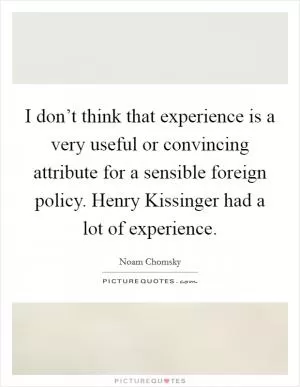
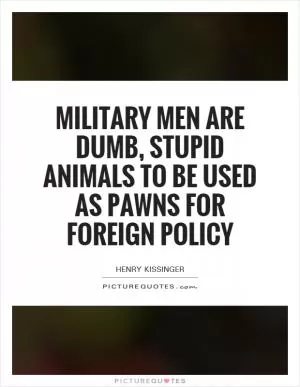
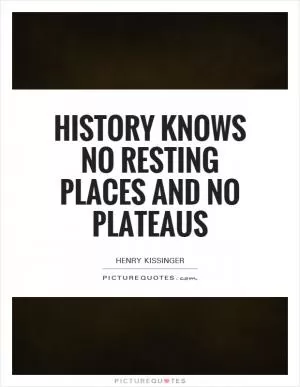
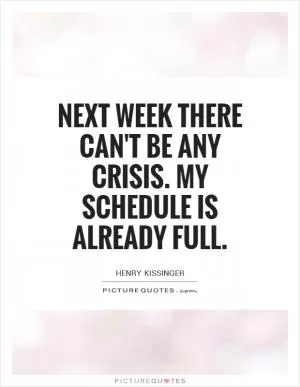
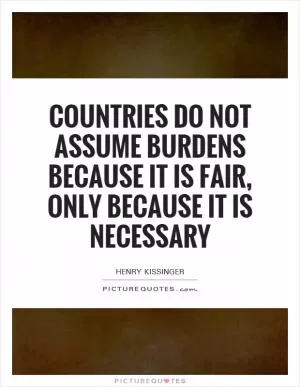
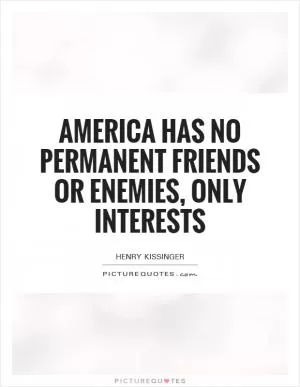
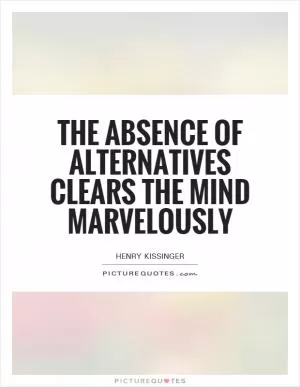
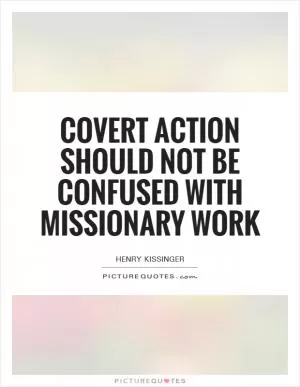
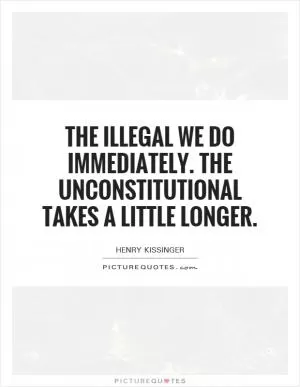
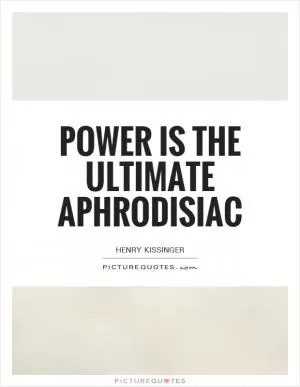
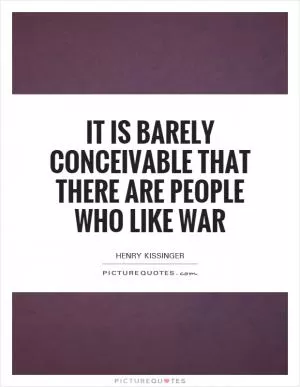

 Friendship Quotes
Friendship Quotes Love Quotes
Love Quotes Life Quotes
Life Quotes Funny Quotes
Funny Quotes Motivational Quotes
Motivational Quotes Inspirational Quotes
Inspirational Quotes